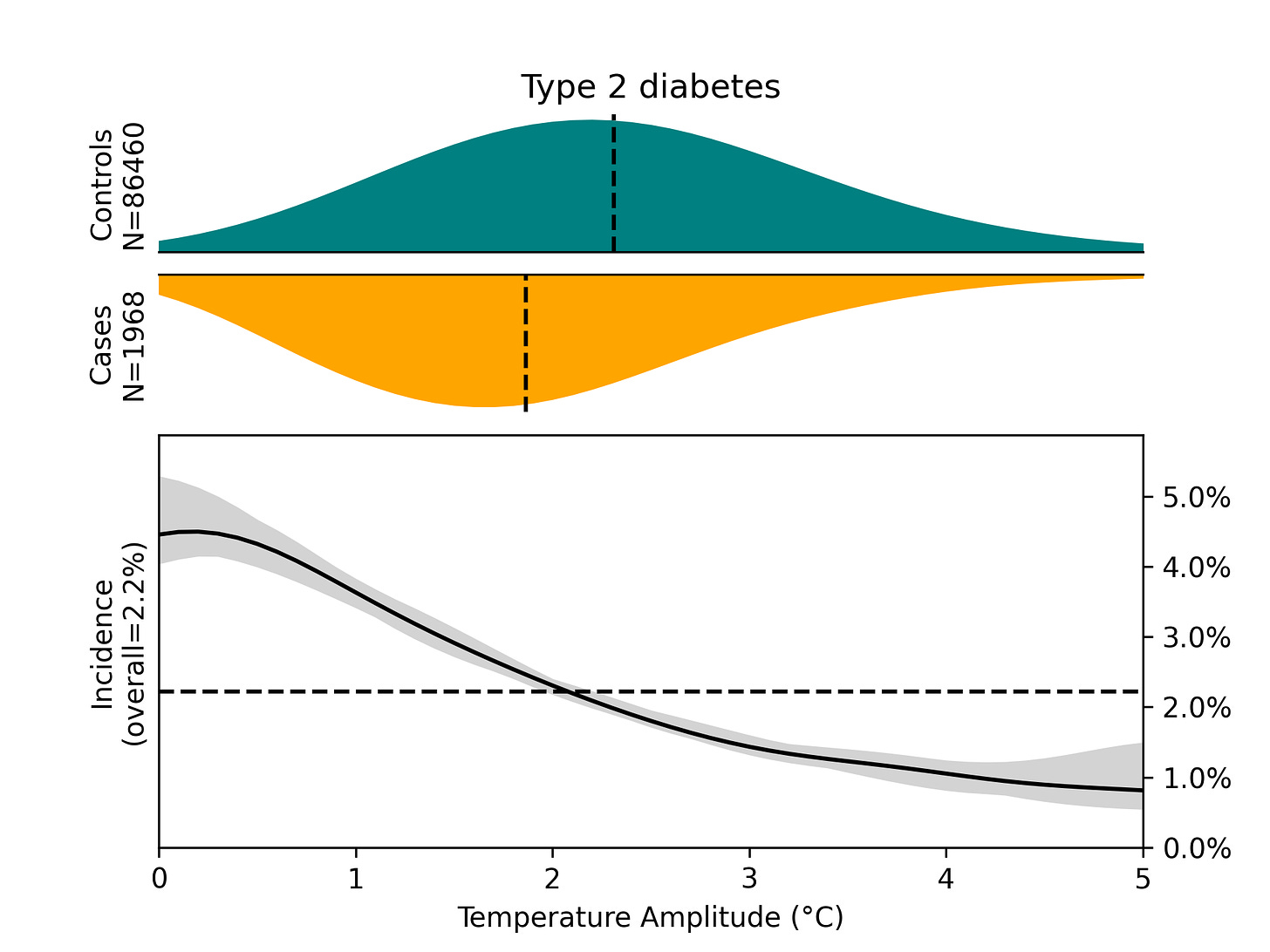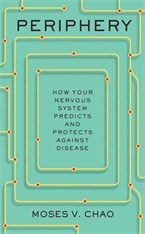Personal scientists are always looking for new consumer-grade measuring devices.
This week we describe some intriguing new products and a few books we think you’ll find worth reading.
Wearables and Devices
Readers of our previous discussion about electromagnetic field detection (EMF) will know why we are tempted to drop $300 on this new radiation detector from Radiacode. It’s a pocket-sized radiation detector that, frankly, looks too good to be true:
Radiation counter at 300-500 counts/minute, much faster than a Geiger counter.
Identify radiation sources, whether it's Radium-226, Cesium-137, Thorium-232, Am-241, or a number of other isotopes
Integrates with Google Maps to identify radiation patterns in your environment.
We’re skeptical when we see a product that ships from Cyprus, but the reviews look good. Let us know if you get one!
Hu.ma.ne AI Pin
Everyone’s talking about that new, very sleek $700 camera/tracking device you attach to your clothes, the “AI Pin” from Humane. It looks cool and has tons of features that should interest personal scientists, including motion and heat sensors. Your friends might think it creepy to run the video recording all time time, but it reminds us of the Gordon Bell experiment from 10+ years ago: he recorded every second of his life for years. Now that good video searching technology is available, that might actually be useful.
That said, this is where we bring out the skepticism part of personal science: How come in their public demo video their AI makes obvious mistakes. Next year’s eclipse will be visible in East Timor??! A whole dragonfruit contains 7 grams of sugar? Hmmmm…..
Heart Rate Sensing Earbuds
Google Research shows how audioplethysmography (APG) can add heart rate sensing capabilities to active noise canceling (ANC) headphones and earbuds “with a simple software upgrade.” This audioplethysmography approach works by “sending a low intensity ultrasound probing signal through an ANC headphone’s speakers.” via HN
Body Temperature
A U-Penn group Finds Wrist Temperature Associated With Future Risk of Disease . One week of data from more than 92,000 UK Biobank participants were collected at home during typical daily activities, including sleep.
See an interactive view of the data for their Temperature Biorhythm Atlas
For Your Bookshelf
At a recent biohacker meetup, we were strongly encouraged to check out books by Joe Dispenza, especially You Are the Placebo: Making Your Mind Matter. One of the participants swears she overcame a serious knee problem in just a few weeks of following the mind-training steps from the book. Long-time readers will recall our previous discussions of the ideas of David Sarno, the NYU professor who makes the startling claim that many forms of chronic pain are mental, not mechanical. Does it work? Seems like it’s worth a try.
Paid subscribers can read our review of the new book Periphery: How Your Nervous System Predicts and Protects Against Disease by an NYU neuroscientist who argues that our brains are just one piece of an elaborate nervous system. Our bodies also host a critical and under-researched peripheral nervous system (PNS) responsible for our immune system, modulating the gut microbiome, and key aspects of longevity.
Not enough personal scientists know about the fantastic book Experimental Man published by David Ewing Duncan. Written in 2008, it describes the author’s rigorous self-testing — blood, genomics, toxins, etc. — to understand what it would be like to live in a world where such tests are commonplace. It’s both prescient and surprisingly up-to-date for something written more than 15 years ago. Read this good review from SF-Gate.
About Personal Science
To meet other personal scientists online or in person, we recommend you join the Open Humans Self Research Chats each Thursday (10am Pacific Time). If you’re in Seattle on Friday Nov 17th, join us at the Quantified Self Meetup.
Please contact us if you have other ideas to cover, or leave us a comment









Have you looked at neurofeedback devices?
Sorry, maybe this should be a note or a chat, but I can't figure out how to do that. Or is it that you have not enabled reader initiated chats?
Bug in AI Pin link